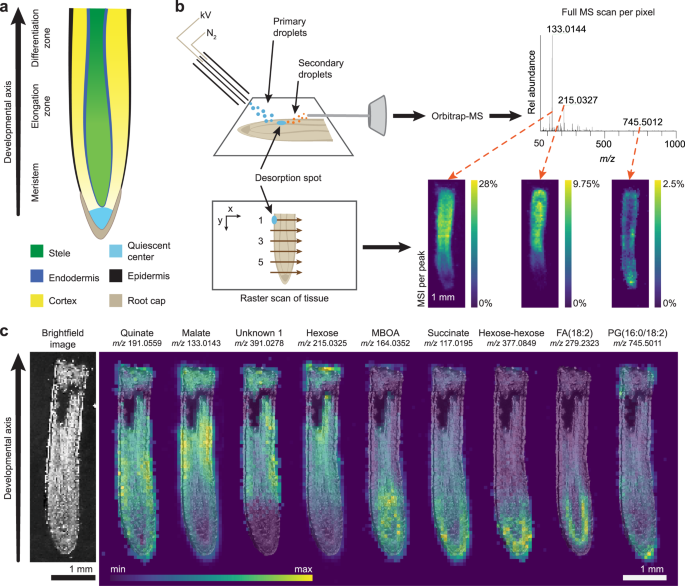2023-05-24 マサチューセッツ大学アマースト校
◆マサチューセッツ大学アマースト校の新しい研究は、がんの臨床医の視点から初めてこの問題に焦点を当て、患者を支援するための教育資料や診断ツール、戦略へのアクセスが不足していることを明らかにしました。研究者らは、臨床医たちは患者の味覚喪失についての関心がないのではなく、教育資料や診断ツール、患者支援策へのアクセスが不足していることが驚くべき結果だと述べています。
◆この研究は、がん患者における味覚の喪失が食事摂取や栄養、治療成果、生活の質に影響を与えることを指摘しています。研究結果に基づき、標準化された用語、オンラインでの教育資料へのアクセス、臨床設定で容易に使用できる検証された味覚評価方法の必要性が示されています。
<関連情報>
- https://www.umass.edu/news/article/clinicians-supporting-cancer-patients-taste-loss-need-educational-materials-and
- https://link.springer.com/article/10.1007/s00520-023-07794-4
がん患者の味覚障害:教材や診断ツールに対する臨床医の認識について Taste loss in cancer patients: clinicians’ perceptions of educational materials and diagnostic tools
Lakmani Tharaka Galaniha & Alissa A. Nolden
Supportive Care in Cancer Published:24 May 2023
DOI:https://doi.org/10.1007/s00520-023-07794-4

Abstract
Purpose
Cancer therapy is essential and lifesaving; however, it can have short- and long-term consequences on patients’ health. Up to 87% of cancer patients report changes in taste function, yet patients report a lack of support from clinicians regarding their experience with taste loss during and following treatment. Thus, the objective of this study was to assess clinicians’ knowledge and experience with managing patients with taste loss and identify potential gaps in the availability of educational materials and diagnostic tools.
Method
In an online survey, sixty-seven participants who identify as clinicians and practice in the United States and work with cancer patients that complain of taste problems answered questions on their knowledge and experience supporting cancer patients experiencing changes in taste function and provided their opinion on access to educational materials.
Results
The current study reports gaps in participants’ knowledge of taste and taste disorder terminology, with 15.4% correctly defining both taste and flavor and roughly half were familiar with specific taste disorder classifications. Over half of the participants reported not having access to adequate information to help their patients manage taste alterations. Only two-thirds of participants reported routinely asking patients if they are experiencing changes in taste function.
Conclusion
Clinicians’ responses emphasized the need to improve access to educational materials regarding taste changes and increase the availability of information regarding management strategies. Addressing these inequities in education and improving the standard of care is the first step in improving the care for cancer patients suffering from altered taste function.


